


The Organization for Economic Co-operation and Development (OECD) just launched PISA Global Competence Results, which is the first time that global competence is involved in the PISA Assessment ever in 2018.
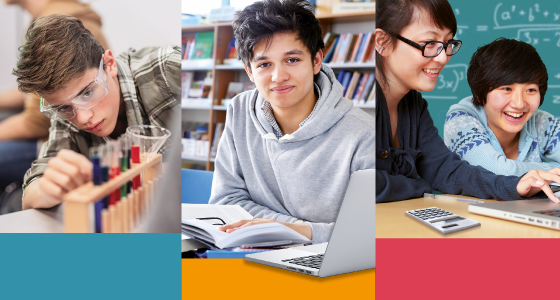
The Programme for International Student Assessment (PISA) is initiated by OECD, which is a triennial survey of 15-year-old students around the world that assesses the extent to which they have acquired key knowledge and skills essential for full participation in social and economic life. PISA mainly focused on students' reading, mathematics and scientific abilities in previous years. In 2018, the new global competence assessment project was added.
Both OECD and the Center for Global Education have identified global competence as a multidimensional capacity that encompasses four key aspects of ability to:
Examine issues of local, global and cultural significance.
Understand and appreciate the perspectives and worldviews of others.
Engage in open, appropriate and effective interactions across cultures.
Take action for collective well-being and sustainable development.
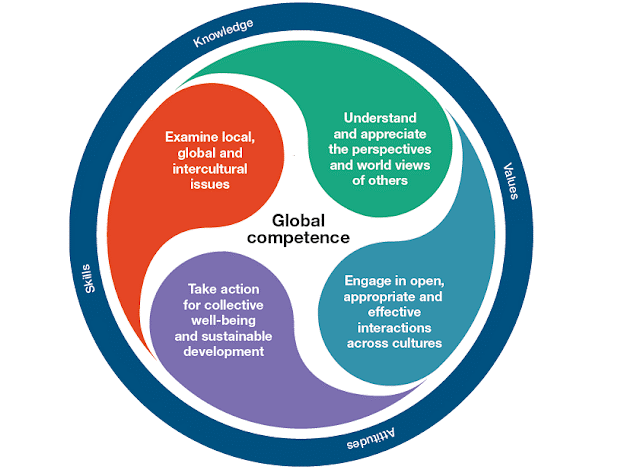
In the latest launching of the PISA Global Competence Results, Andreas Schleicher, the director of Directorate for Education and Skills, presented a speech of Are Students Ready to Thrive in an Interconnected World? to provide a comprehensive interpretation about the assessment results.
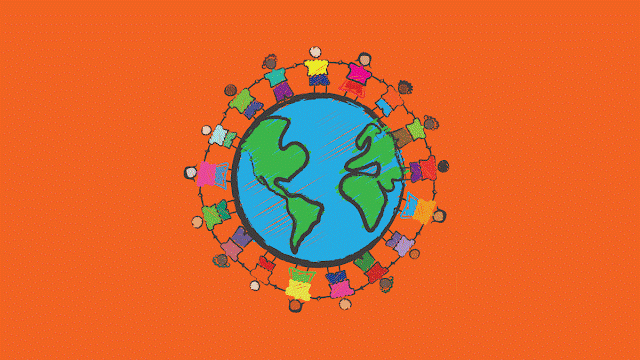
Here are some highlights and takeaways form the speech:
Global competence cannot be predicted by academic abilities like reading, math or science. Andreas said that, global competence doesn't come nicely as a by-product from doing well in school and set key subjects, and it is something that needs its own effort and attention.
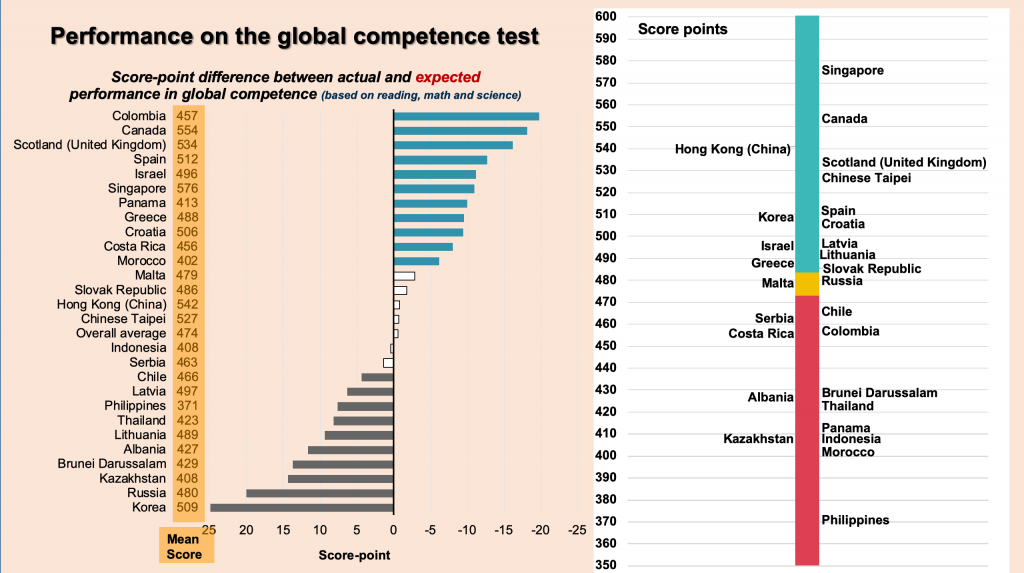
Students' awareness of global issues was positively associated with levels of awareness of global issues among their parents. If parents are willing to learn a new language, then children are more interested in learning about other cultures and languages. And if parents take actions for collective well-being and sustainable development, children are more likely to take same actions.
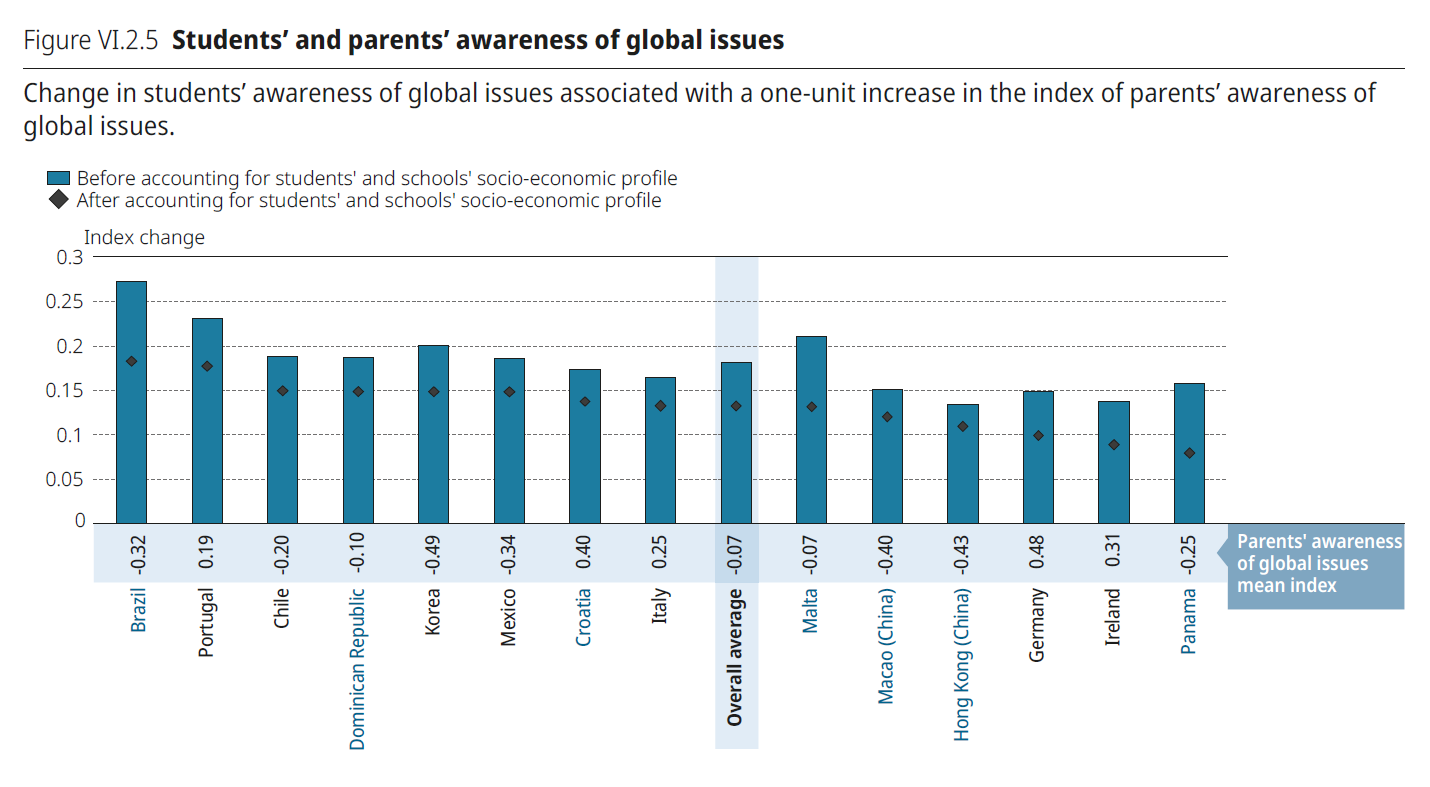
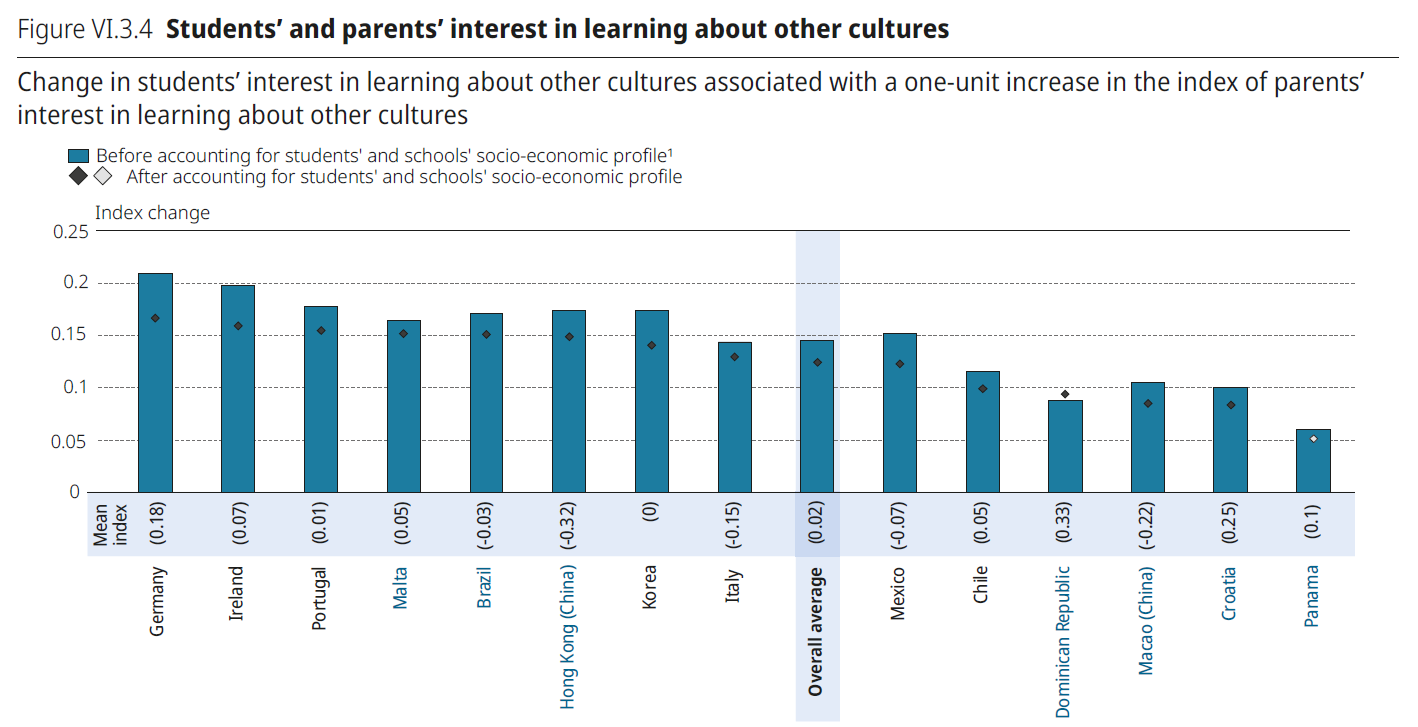
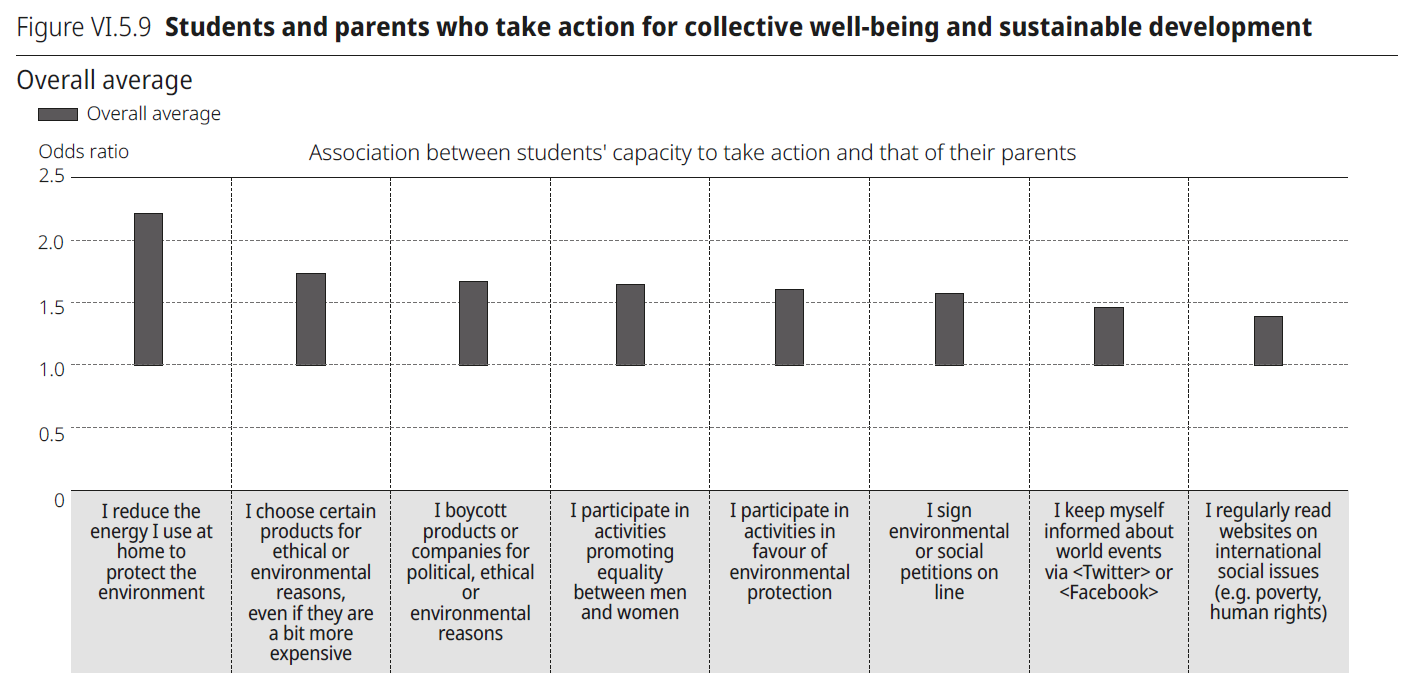
It shows that speaking multiple languages is related positively to students’ awareness of global issues, self-efficacy regarding global issues, interest in learning about other cultures, respect for people from other cultures, perspective taking, attitudes towards immigrants, cognitive adaptability and awareness of intercultural communication.
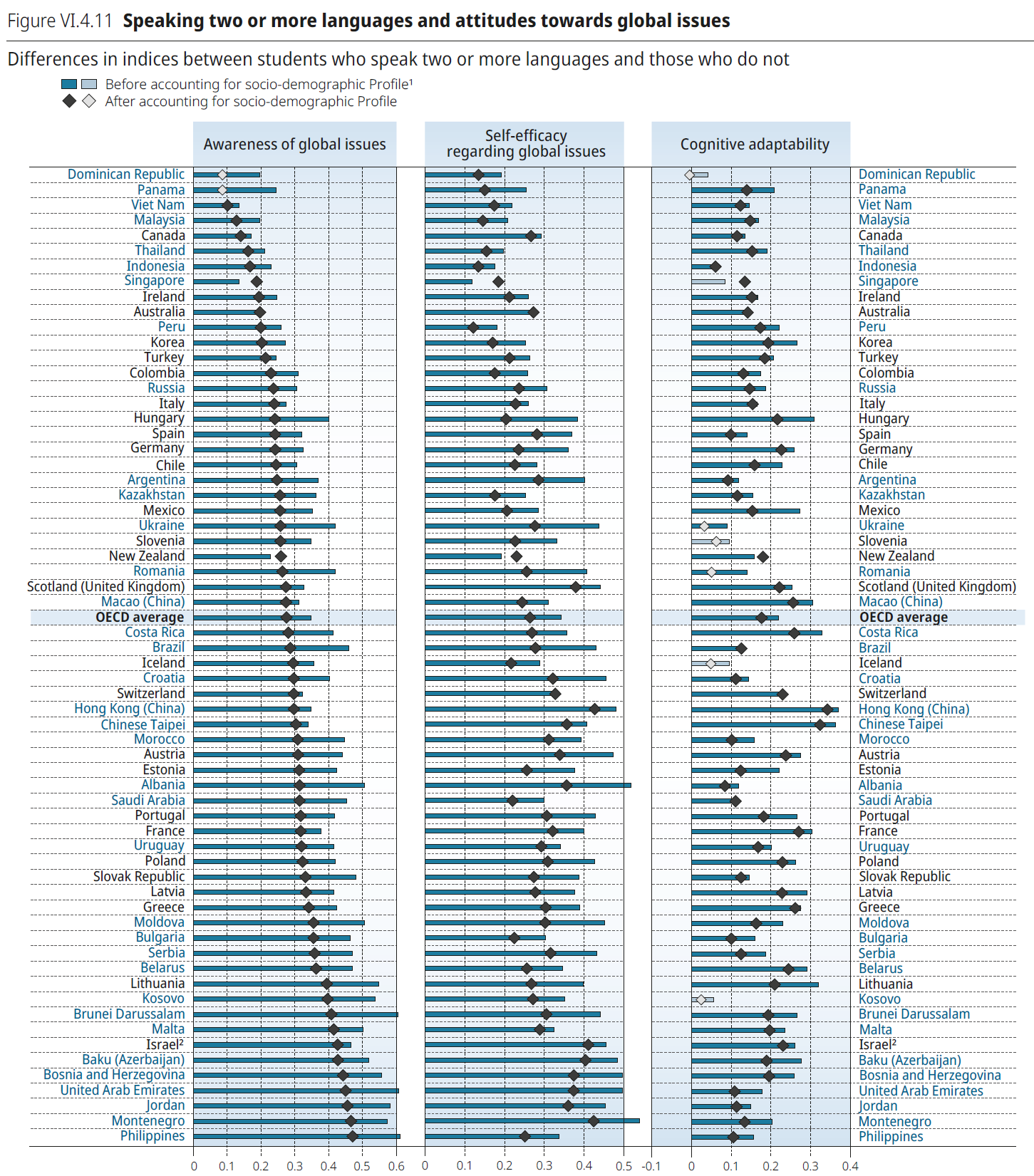
Whether in schools or in daily life, students who have frequent contact with foreigners tend to be more interested in learning other cultures. And students who are more interested in learning other cultures usually show more respect for other cultures.
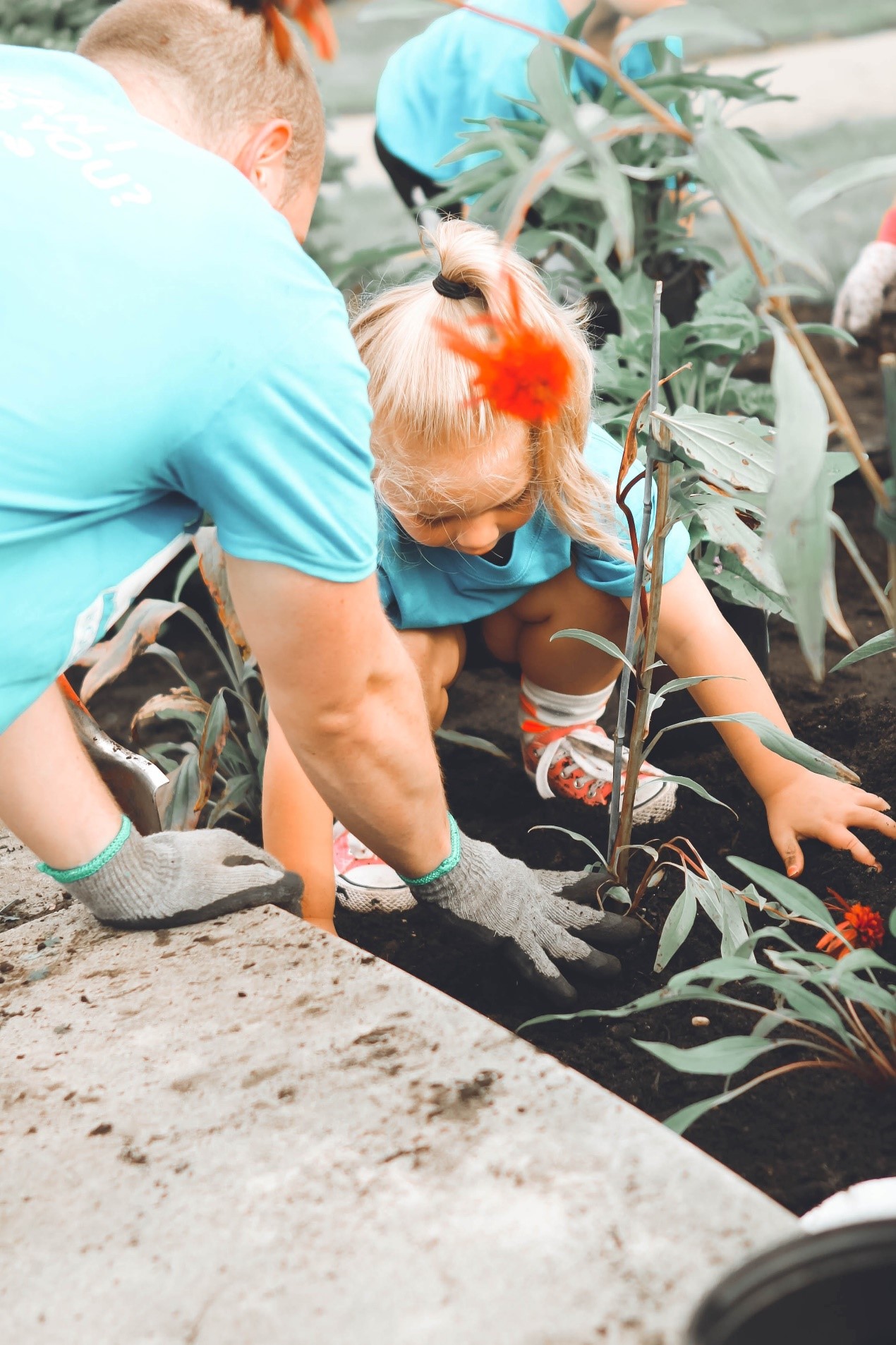
If individuals and their communities are to thrive in the future, education must prepare today’s students to be globally competent. ZNCS is dedicated to prepare students to become world citizens to be future ready. We pay highly attention to the cultivation of global competence from the very beginning, which quite matches to the Learning Compass developed in the OECD's Future of Education and Skills 2030 project.
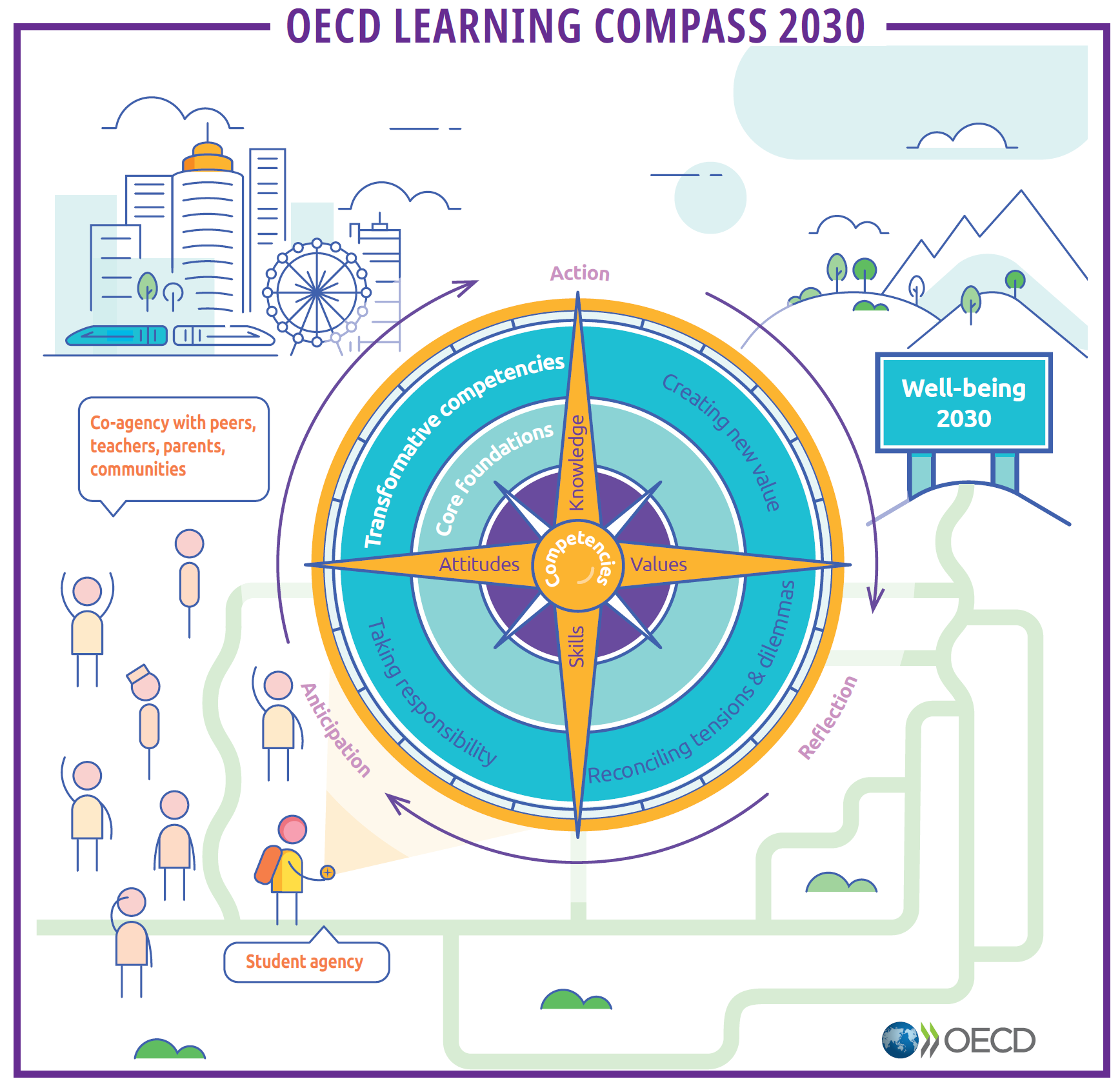
ZNCS fully understands that interest is the best teacher, and we encourage each student to explore in the pursuit of their personal interests. Therefor, we establish our educational goals and curriculum based on IB philosophy and Reggio Emilia approach to create a child-centered environment, in which children are viewed as capable individuals to explore their interests, to construct and drive their learning.
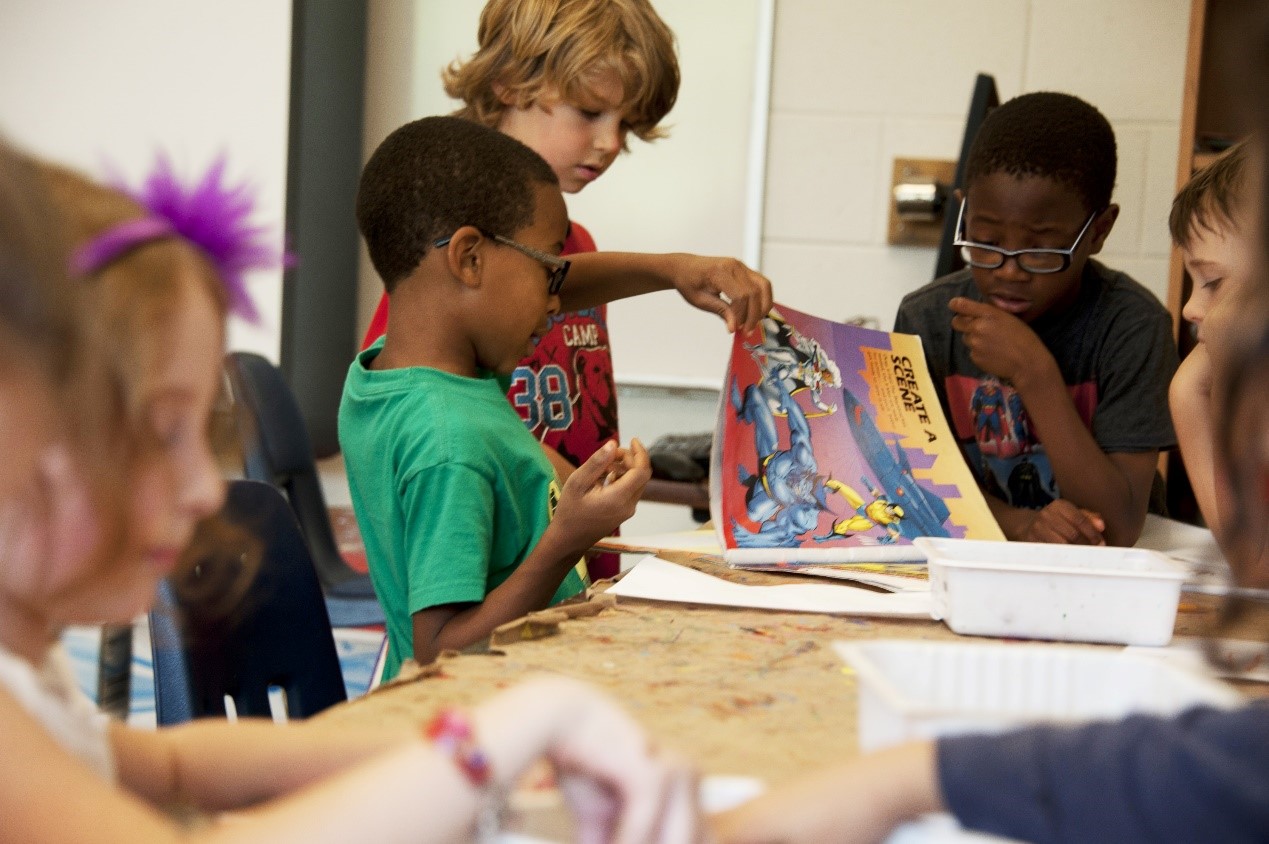
At ZNCS, we recognize there is more to educate our students besides academics. We value the openness to the real world and make efforts to promote whole child development. Extensive range of activities including after-school activities, academic weeks, competitions, festival events, sports meetings, volunteer activities, charity events, field trips and summer programs are provided throughout the year. We offer students opportunities to relate to and collaborate with people from different cultural backgrounds, therefore to engage them in experiences that facilitate international and intercultural relations.
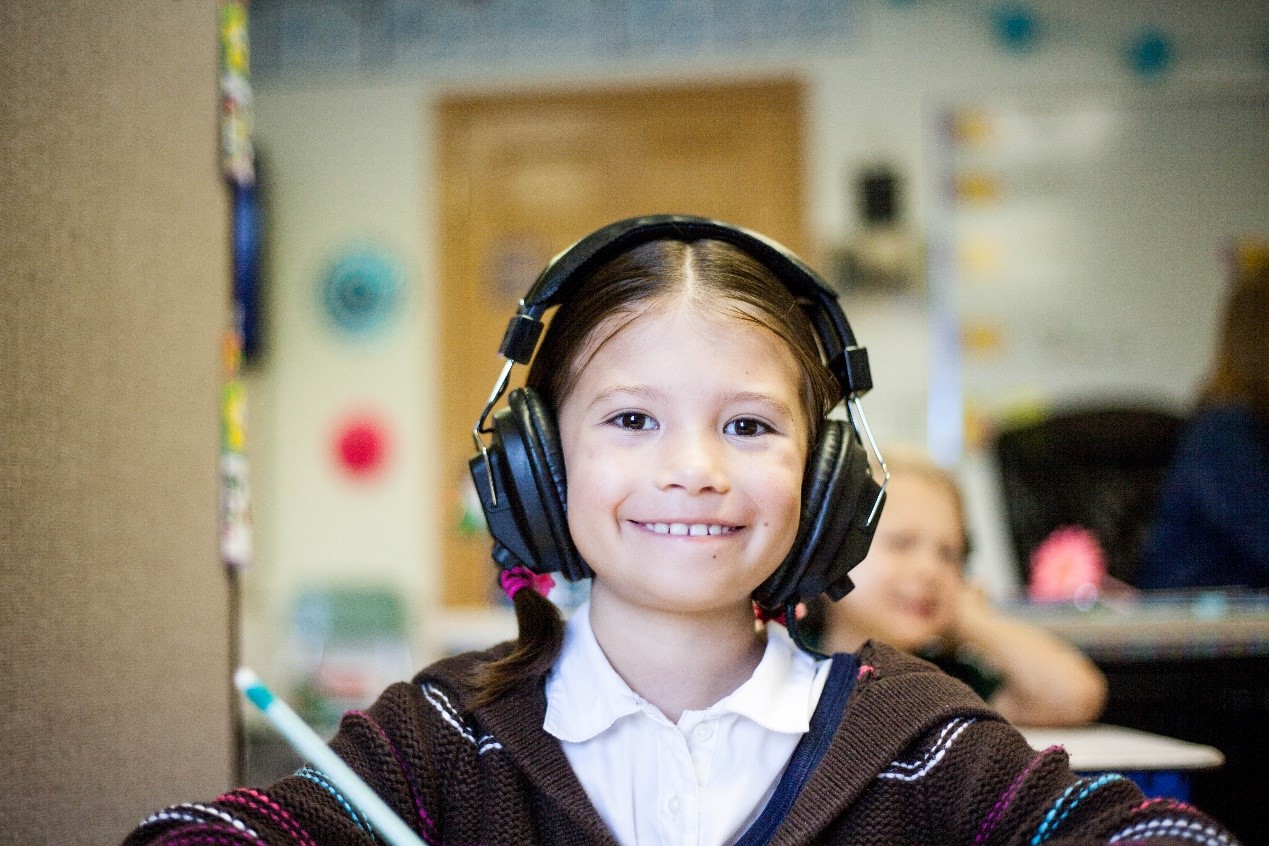
Language is the tool that we can reach to people in other cultures. ZNCS's integrated language program equips children with a broader outlook with the tools to communicate and collaborate. In our ELL program, Chinese program and additional language programs, teachers have latitude in choosing the topics related to global issues for students to discuss and write about, to give their thinking and express their own ideas.
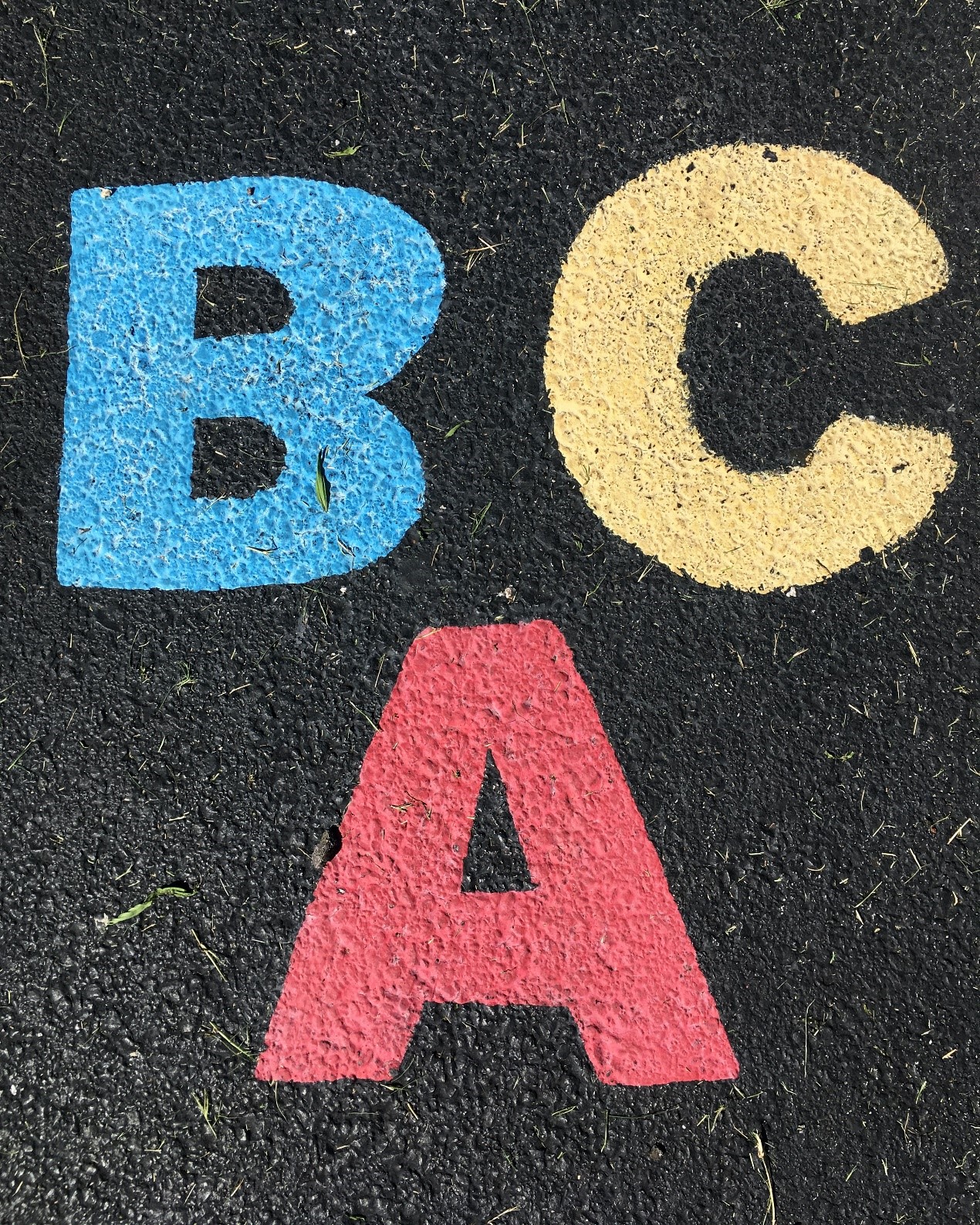
Parents are key influencers and make contributes to children's gaining of global competence. At ZNCS, our supportive community involves parents in school events, initiatives and learning opportunities. The specific Parents Education Program provides knowledge and skills of child development and introduces communication styles towards children through active, hands-on experiences. This program can not only improve a better understanding between family members, but also promote a positive parenting attitudes and practices among parents. We prepare our students with global competence by preparing their parents first.

In a nutshell, at ZNCS we encourage students to draw on and combine the disciplinary knowledge and modes of thinking acquired in schools to ask questions, analyze data and arguments, explain phenomena, and develop a position concerning a local, global or cultural issue. We hope our globally competent children can retain their cultural identity while simultaneously aware of the cultural values and beliefs of people around them. Also, they can create opportunities to take informed, reflective action and have their voices heard.
At the end of the day, it is globally competent individuals who will be able to solve the world's seemingly intractable problems. It's up to our world's educators to prepare those individuals for their global futures.

Concordia International School Ningbo serves students from age 3 to age 18 and provides a rigorous, globally focused education that fosters inquiry, knowledge empathy, and nurtures a lifelong love of learning.
Concordia International School Ningbo
+86(0)574 8807 6699
No.18 Guangfu street,Yinzhou District,Ningbo
Concordia International School Ningbo All right reserved.

朱经理
86-139-8933-7302